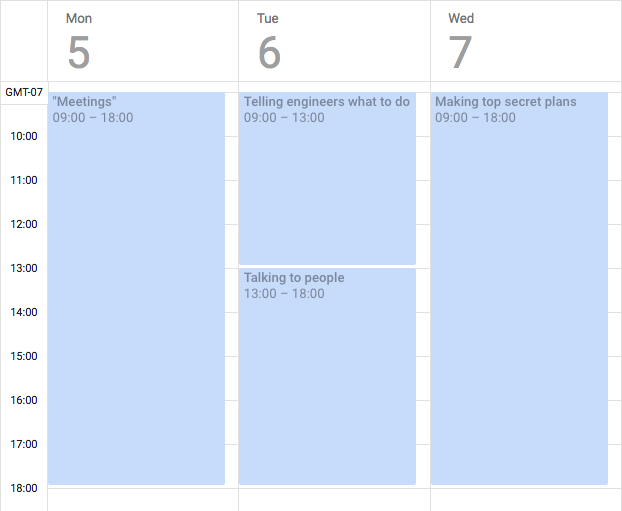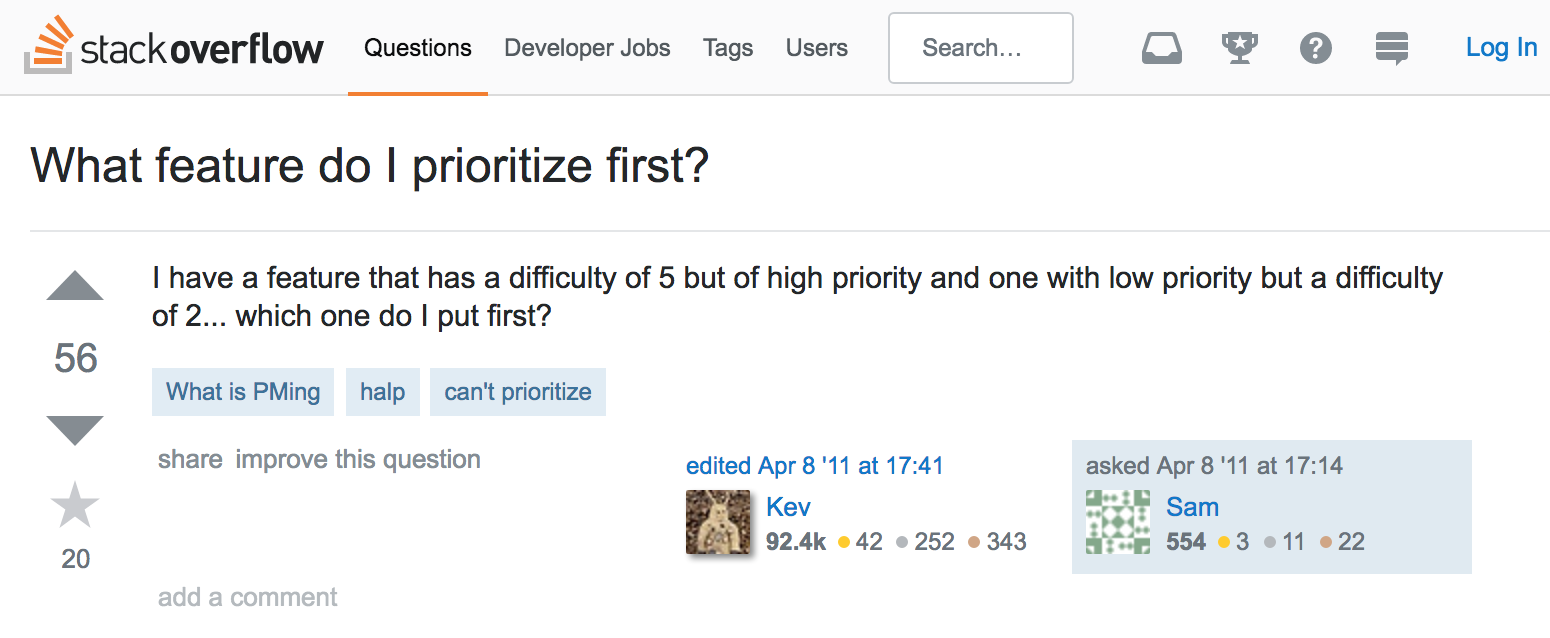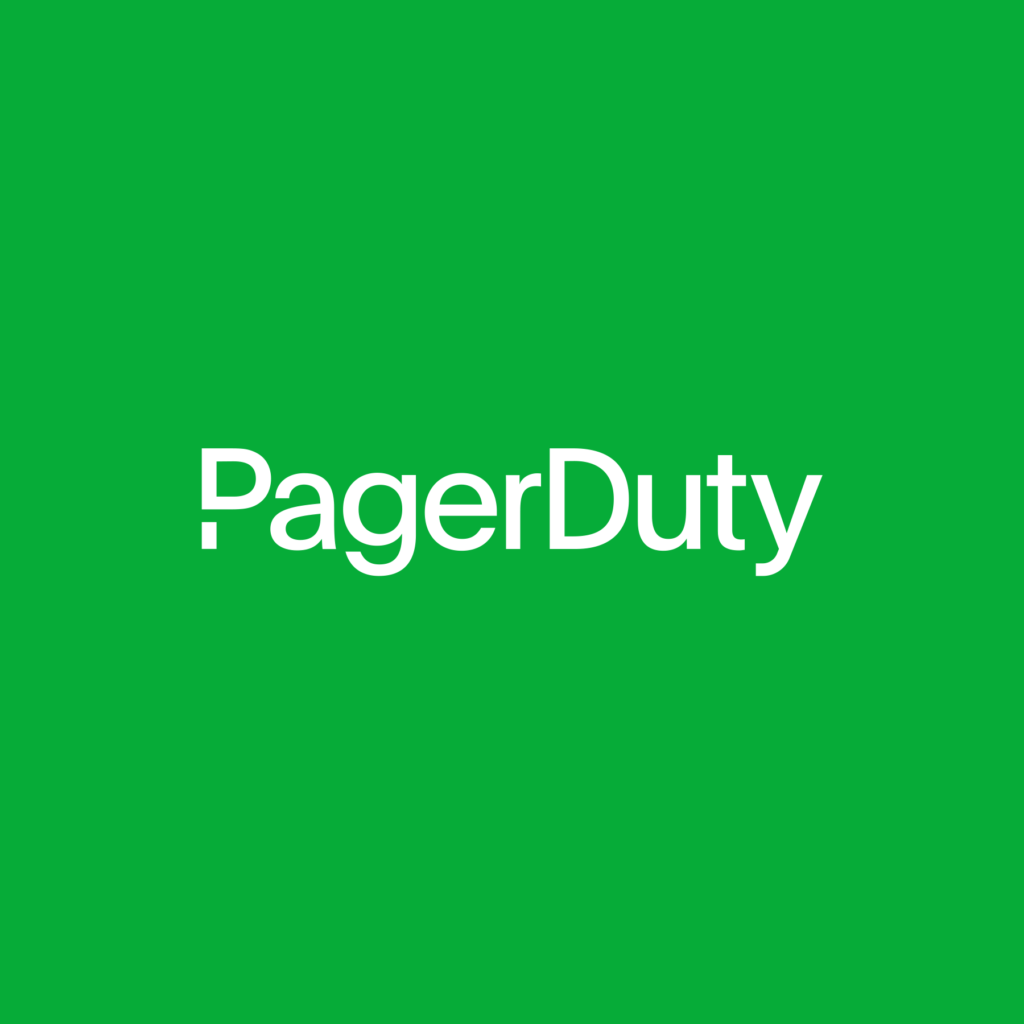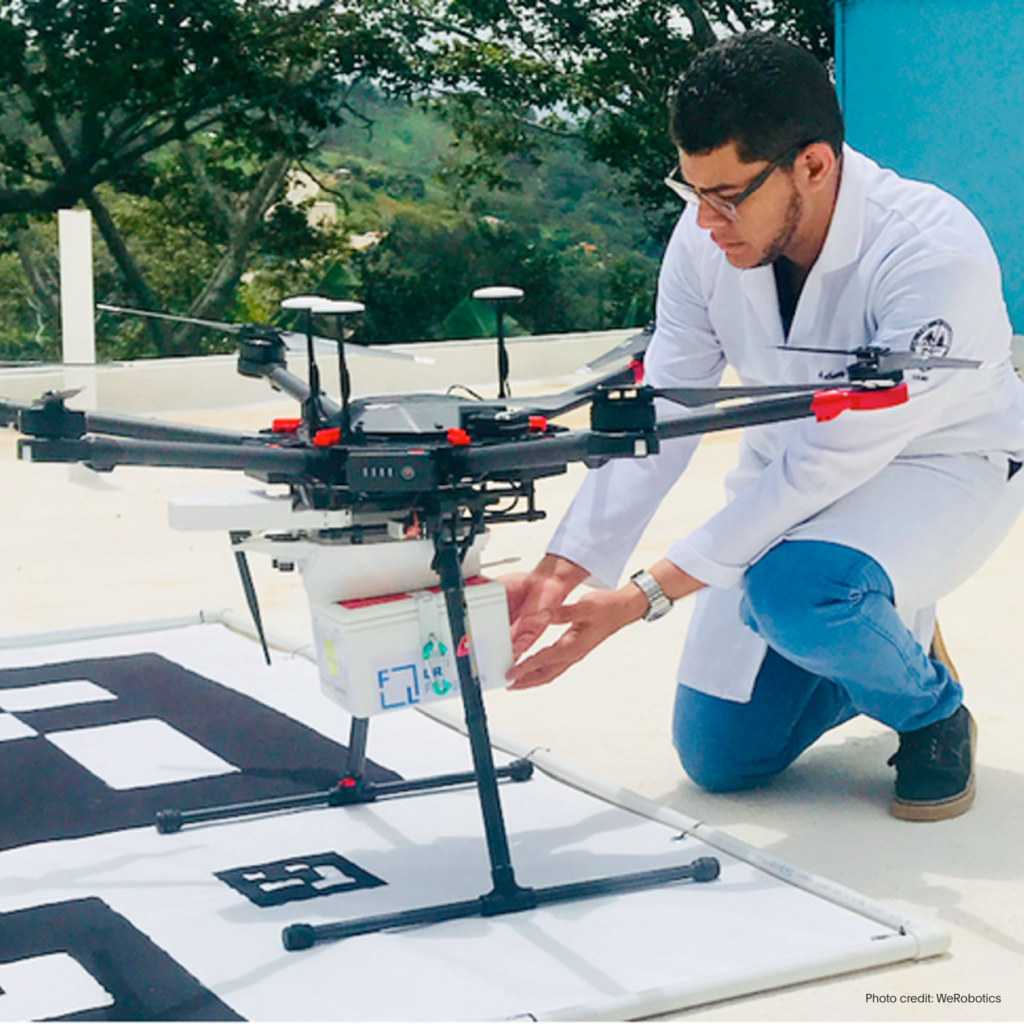- PagerDuty /
- Blog /
- PagerDuty Life /
- Product Management Through an Engineering Lens
Blog
Product Management Through an Engineering Lens
What is product management and what do product managers do all day? How does it differ from software engineering? These were the questions I had when I was an engineering intern at PagerDuty, and it was these questions that led me to sign up for another round with the company—this time as a product management intern on the Data Experience team.
About Me
I’m a software engineering student at Waterloo University, and my stint as a PagerDuty software engineer intern exposed me to product management. I had asked to shadow a Product Manager on the software engineering team for a few customer interviews and also went on-site for in-person meetings with customers. This opened up a whole new world for me, and I found that I wanted to participate in user interviews, be a part of the design process, and help shape the roadmap.
What Is Product Management?
When I was neck deep in the software engineering world, this is what I thought product managers did:

But the reality is much different from what I thought. My schedule now as a product management intern is very different from what it was an engineer. For example, when I was an engineer, I spent some time in architectural design meetings and my work was specified with exact requirements: I would pull in a story, write code, make a pull request—and repeat the cycle. It was all very technical with a clear protocol.
In contrast, I have found that my days as as a product manager are far more varied and much less strict. I spend my day doing a combination of writing, thinking, talking, and learning. For the first month of my internship, I did “discovery,” which is how features are born. Discovery includes:
- Meeting one-on-one with people across the company to research and learn about and understand common customer pains.
- Reviewing past interviews to research which features would benefit customers the most.
- Experimenting with potential workflows in PagerDuty to deepen my product understanding and build empathy.
With this background, I wrote a spec and broke down the requirements into stories that best reflect solutions to the pains—and now I know how the stories I used to work on as an engineer get written.
Another thing I found different is that there is no Stack Overflow for product managers. So where do they go to find answers to their questions?

I learned there are three sources I can go to find information I need:
- Internal business intelligence tools. PagerDuty has reporting software that sits on top of a database full of interesting data. The software allows product managers to calculate metrics and understand how customers interact with the PagerDuty platform without actually needing to write SQL queries.
- Internal wikis. This is pretty straightforward—a wiki is basically just an internal search for articles or pages employees have written. If someone has written about your problem in the past, it will be in the wiki. The PagerDuty team has a ton of history, so there’s a lot to go through.
- Ask someone! Customer interviews are great for confirming or creating a hypothesis. Internal interviews with people inside and outside your team are great sources of information as well.
Developing a Very Particular Set of Skills
The time I spent in engineering and product management has taught me that the skills needed for each job are extremely different. Engineering mainly focuses on technical development whereas product management focuses more on communication. In the month I spent with the product management team, I’ve gotten better at listening and asking the right questions to surface what people actually mean. I also learned something valuable from product managers and user experience experts early on: What customers say they want isn’t always what they actually want.
I’ve also gotten better at communicating—a lot of product management’s job is talking to people from other departments, often within a limited amount of time, so it’s important to be direct and concise.
I’ve learned so much in just over two months—and I hope that sharing the beginnings of my experience has demystified the role of product managers a tiny bit for the people reading who weren’t familiar with product management. As for the PMs reading, I hope you can relate to some of my experiences from when you just started out. My job as a PM has been a wild ride, and I’m excited to keep learning.
Interested in joining the PagerDuty team? Check out the careers page for open positions and apply today!


